This post will give you an introduction to the Montessori curriculum approach to sensory education, as well as provide you with a PDF of a printable template you can use in your environments.
Maria Montessori (1870-1952) is credited with establishing the Montessori Method, which is recognized as a globally renowned educational approach.
By including this method of learning, it is no longer limited to academic subjects, but also takes into account aspects of daily life.
The focus of the root and foundation of this philosophy is on helping the individual be more independent.
This post will give you an introduction to the Montessori curriculum approach to sensory education, as well as provide you with a PDF of a printable template you can use in your environments.
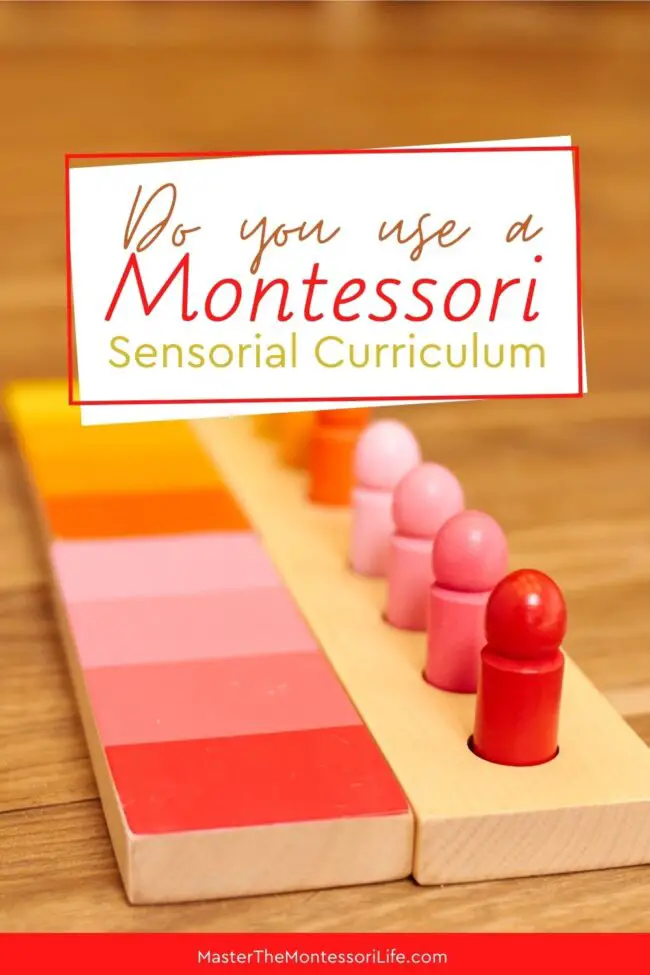
What is Montessori Sensorial all about?
Before starting, it is important to clarify what Sensorial is in Montessori, as well as its importance.
The concept of sensory originates from the word “sensory.”
It is derived from the word “senses.”
These are sensory stimulation activities that are carried out by the use of Sensorial materials.
Many materials developed by Dr. Montessori can stimulate a child’s various senses as they develop.
You are not aware of the fact that human beings have more senses than you realize.
When she categorizes the exercises, she sets them into nine different groups to have in Your Montessori classroom.
This is a collection of olfactory, visual, auditory, gustatory, muscular, tactile, baric, thermal, and stereo gnostic.
Having the ability to hear, taste, smell, and see is essential for the development of a child.
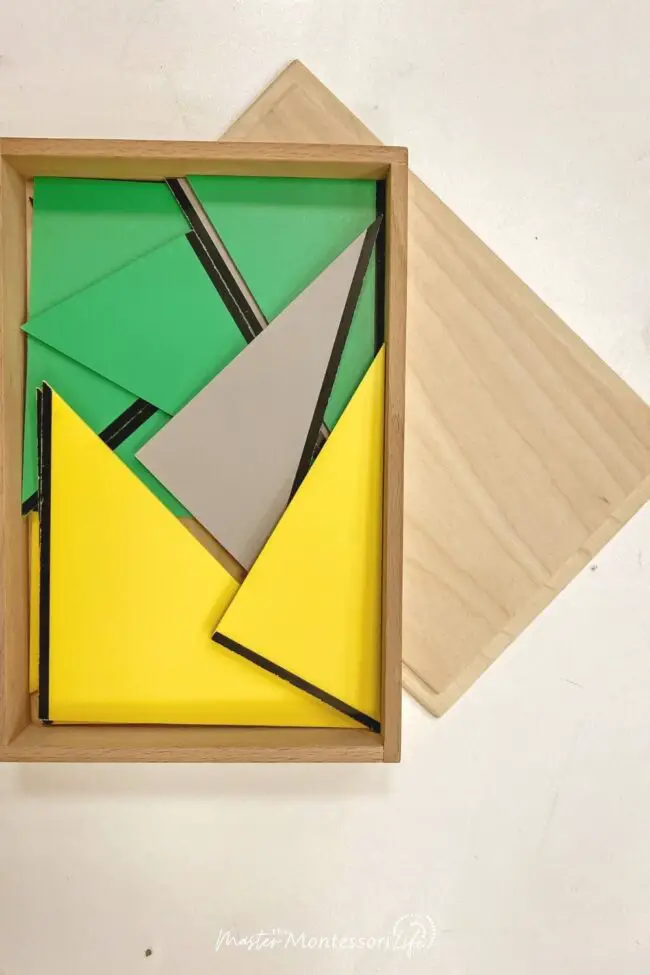
This group is acutely aware due to the fact that this age group experiences high levels of awareness earlier in life, approximately from age six on.
It is critical that we tap into this period of time and use it to its fullest potential, as sensory development is essential for life at this time.
The periods during a child’s life when he/she has an aptitude for a particular ability, and he/she has a keen interest in that ability, are the sensitive periods. In the long run, those interests and abilities disappear.
Montessori helps refine the senses, resulting in a child who is more in tune with their surroundings.
The Sensorial works are made to accomplish specific objectives that every child is developing at their own pace.
There are many Montessori Sensorial materials that can serve multiple purposes.
Some have several functions, but all are instrumental to some key goal. It is not play and it is not intended to provide sensory stimulation just for the sake of provocation.
Some Sensorial Areas of Focus
1 Olfactory
The olfactory sense is the sense of smell.
There are several Practical Life activities that can pair up with Sensorial experiences, such as flower arrangements.
It is important for a child to learn to distinguish different smells (putrid, pleasant, charred, fragrant, bitter, etc).
Some Montessori works that fall under the Sensorial olfactory category are:
Smelling Trays
2 Visual
The organ that is used for this sensorial work is the eye.
It involves shapes and colors as well as visual discrimination to match things up by size or shape.
The sense of sight is precious and by using this sense, children learn to develop depth perception, sizing quantities and even chromatography of color.
Some Montessori works that fall under the Sensorial visual (sight) category are:
Brown Stair
Red Rods
Geometric Cabinet
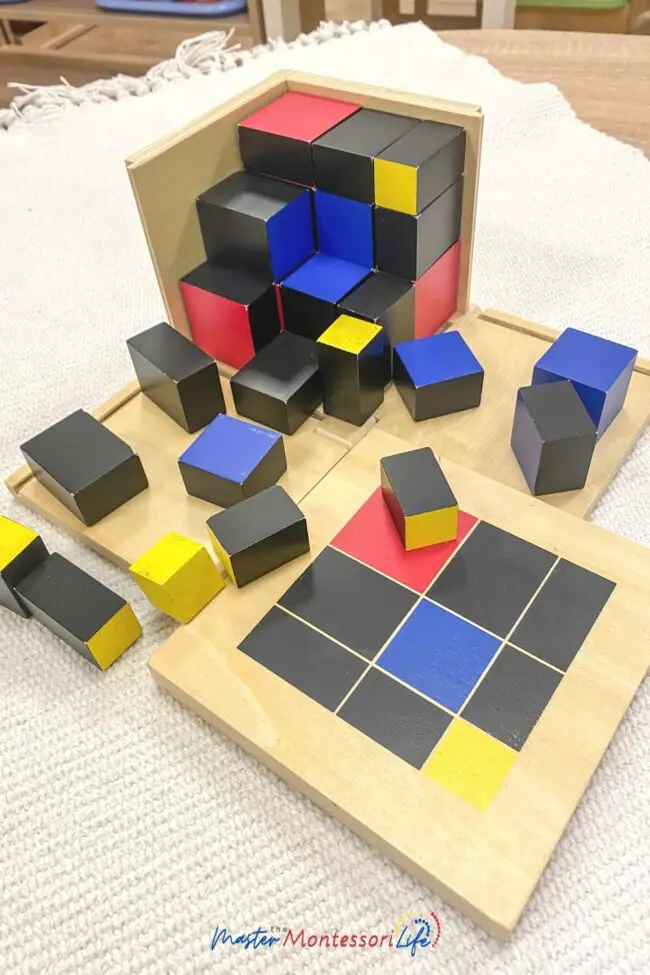
3 Tactile
The tactile sense is the sense of touch.
Fingertips, lips and mouth are especially sensitive in children.
They use these sense in sensorial activities to explore their world quite a bit.
In Montessori, they do works that teach the child to distinguish between smooth to rough and everything in-between.
Some Montessori materials that fall under the Sensorial tactile category are:
Intentional Finger Preparation
Cylinder Blocks
Binomial Cube
Do you know how to do Montessori Sensorial?
You are going to need some guidance in this specific subject because there are nine categories!
You will also need a plan because you will want to make sure that you are keeping all categories balanced.
By that, I mean that you don’t want to focus mostly on the three categories I mentioned above and neglect or barely do the other six categories.
Where to get Montessori Sensorial Guidance
My “Montessori Curriculum Approach to Sensory Education” is the perfect resource that you will want to get and use for all your Montessori Sensorial lessons.
This set of checklist is going to take your Montessori Sensorial planning to the next level.
You will be amazed at how helpful these checklists are going to be for you.
This is because they will shortcut your planning time and you will prepare the lessons you know are right for the child.
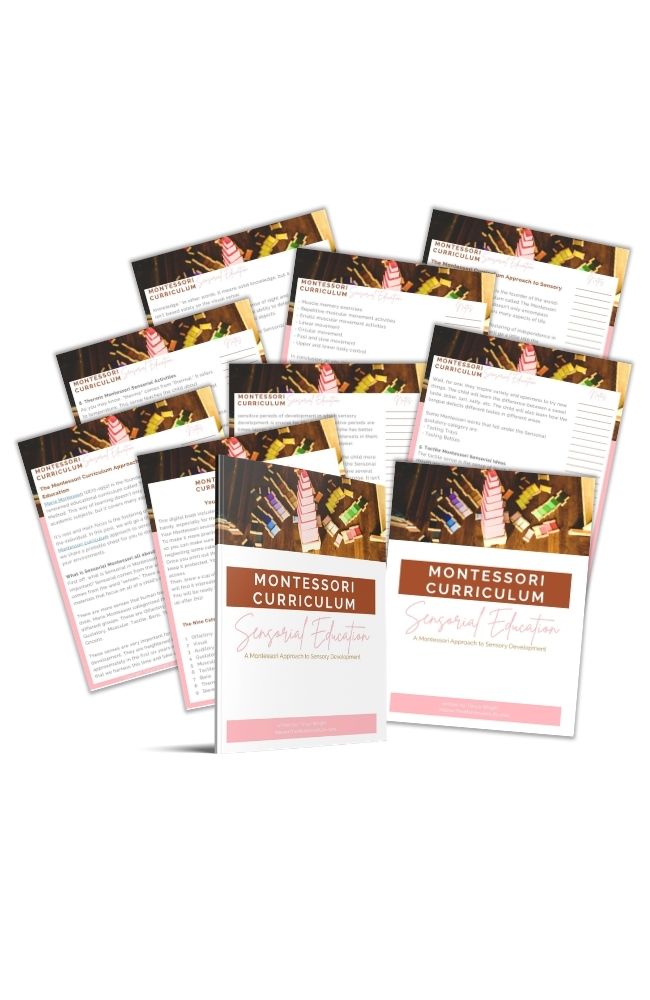
The Montessori Curriculum Approach to Sensory Education
$7.99
This set of checklist is going to take your Montessori Sensorial planning to the next level. You will be amazed at how helpful these checklists are going to be for you because they will shortcut your planning time and you will prepare the lessons you know are right for the child.
EU BUYERS, GO HERE.
As you go through this information, I want you to really think about how important the Montessori Sensorial subject is.
Please make sure to do what is best for shortcutting your planning time WITHOUT affecting the quality of the lessons.
Episode 36 Why are Montessori sensorial works so important for children?
Episode 43: 3 Must-have Qualities in Montessori Sensorial Materials
The Montessori Curriculum made easy
Montessori living books library
- The Importance of Socialization in the Montessori Philosophy
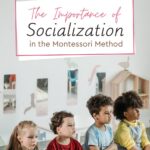 In this blog post, let’s discuss the importance of socialization. Unlike many would think, socialization is an essential pillar of the Montessori philosophy.
In this blog post, let’s discuss the importance of socialization. Unlike many would think, socialization is an essential pillar of the Montessori philosophy. - Understanding the Montessori Work Cycle
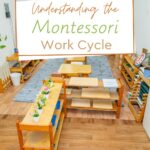 The Montessori Work Cycle is a foundational element of the Montessori Method. It promotes independence, concentration, and a love for learning.
The Montessori Work Cycle is a foundational element of the Montessori Method. It promotes independence, concentration, and a love for learning. - Why Montessori Matters from Birth: The Impact on Infant Development
 As new parents, Montessori guides, and caregivers, understanding why Montessori matters from birth can pave the way for fostering a lifelong love of learning and holistic development in children.
As new parents, Montessori guides, and caregivers, understanding why Montessori matters from birth can pave the way for fostering a lifelong love of learning and holistic development in children. - Transitioning Your Nursery to Montessori: A Smooth and Effective Approach
 Transitioning your nursery to Montessori is easier than you think. Simply follow the 3 main tips that I will give you here and you will have a Montessori nursery for your little one in no time!
Transitioning your nursery to Montessori is easier than you think. Simply follow the 3 main tips that I will give you here and you will have a Montessori nursery for your little one in no time! - What Dr. Maria Montessori is Best Known For
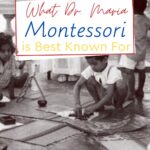 I got to see it in practice and was fascinated. That is when I started to research what Dr. Maria Montessori is best known for.
I got to see it in practice and was fascinated. That is when I started to research what Dr. Maria Montessori is best known for. - Embracing Montessori Principles at Home during Baby’s First Year
 Applying Montessori principles at home is wonderful. You and your baby will love it.
Applying Montessori principles at home is wonderful. You and your baby will love it.

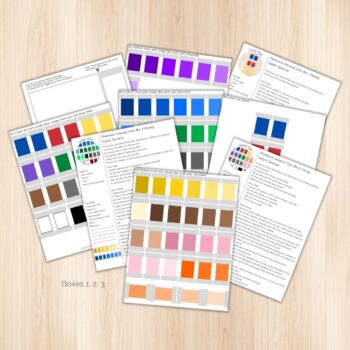
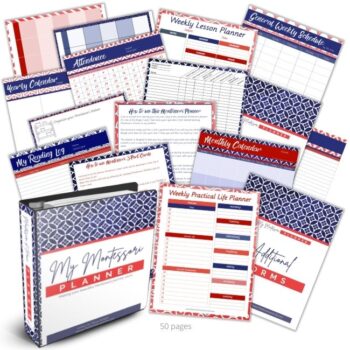
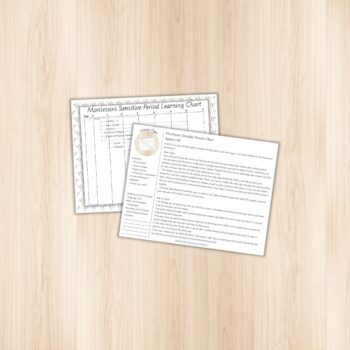
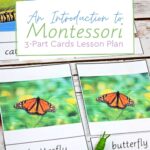
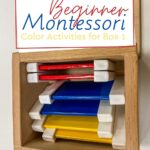
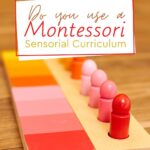

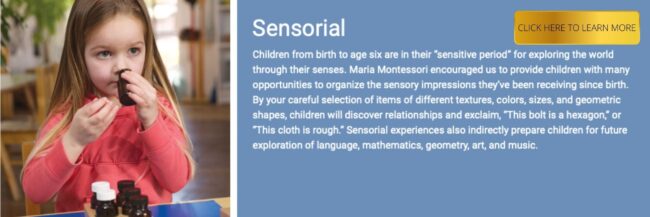
Beverly says
hello would like to more about the montessori sensorial curriculum
Rabia says
Great information about Montessori training